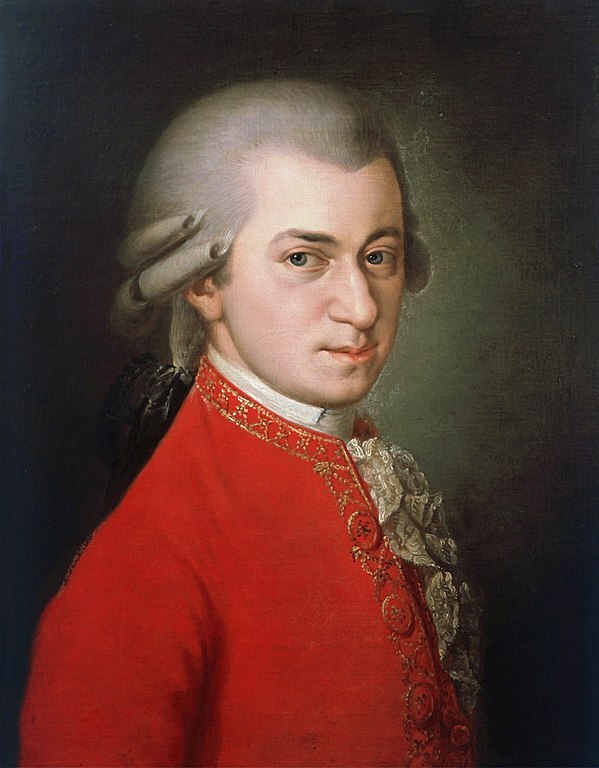
Mozart composed three of his greatest operas in collaboration with the librettist Lorenzo da Ponte. The librettos of these brilliant works are presented here in a format opera enthusiasts will excellent line-for-line English translations on pages facing the Italian text. The translators have attempted to present the three operas "as readably and as dramatically as possible, finding the natural or colloquial English phrase" to convey the essential spirit of each work. The result is a handy, readable reference ideal for following a recorded performance or to refresh one's memory before or after a live performance. Introductions, plot synopses, and lists of characters for each opera complete this indispensable companion for any opera-goer or lover of Mozart's music.
Author

Wolfgang Amadeus Mozart (1756 - 1791) was a prolific and influential composer of the Classical era. He composed over six hundred works, many acknowledged as pinnacles of symphonic, concertante, chamber, piano, operatic, and choral music. He is among the most enduringly popular of classical composers. Mozart showed prodigious ability from his earliest childhood in Salzburg. Already competent on keyboard and violin, he composed from the age of five and performed before European royalty; at seventeen he was engaged as a court musician in Salzburg, but grew restless and traveled in search of a better position, always composing abundantly. Visiting Vienna in 1781 he was dismissed from his Salzburg position and chose to stay in the capital, where over the rest of life he achieved fame but little financial security. The final years in Vienna yielded many of his best-known symphonies, concertos, and operas, and the Requiem. The circumstances of his early death have been much mythologized. He was survived by his wife Constanze and two sons. Mozart always learned voraciously from others, and developed a brilliance and maturity of style that encompassed the light and graceful along with the dark and passionate—the whole informed by a vision of humanity "redeemed through art, forgiven, and reconciled with nature and the absolute". His influence on all subsequent Western art music is profound. Beethoven wrote his own early compositions in the shadow of Mozart, of whom Joseph Haydn wrote that "posterity will not see such a talent again in 100 years".